In the watch community, COSC and chronometer are often used interchangeably, sometimes incorrectly. It’s like whiskey and bourbon: all bourbon is whiskey, but not all whiskey is bourbon…
“All COSC certified watches are chronometers, but not all chronometers are COSC certified” -Caliber Corner
Some of the topics covered in this caliber listing:
What is a chronometer?
The dictionary definition of chronometer:
1) A timepiece or timing device with a special mechanism for ensuring and adjusting its accuracy, for use in determining longitude at sea or for any purpose where very exact measurement of time is required. 2) Any timepiece, especially a wristwatch, designed for the highest accuracy. –source
What is COSC?
The term COSC is an acronym for the Contrôle Officiel Suisse des Chronomètres. COSC is a Swiss testing institute that certifies the accuracy of precision instruments (a fancy way of saying watches). COSC is responsible for issuing certificates for watches tested in Switzerland that meet chronometer specifications, in accordance with ISO 3159.
COSC Chronometer Rating Requirements:
Among other requirements, a COSC certified chronometer must have the following basic attributes:
- The watch must be Swiss Made
- The movement must keep time within an average rate of -4/+6 seconds per day
Testing duration:
At least 15 days.
In 5 positions:
“3 o’clock, 6 o’clock, 9 o’clock, dial on top, dial on the bottom” (source).
Since COSC apparently uses the hour markers as reference points (as opposed to many watchmakers using the crown as a reference point), this translates to crown up, crown left, crown down, dial up, dial down.
In 3 different temperatures:
8°C, 23°C and 38°C.
Paperwork and Identification:
COSC certified watches will often include a chronometer certificate. Some collectors simply refer to this as the COSC. The COSC paperwork will have a number which should correspond to a number on the movement. Just because the box and papers includes COSC paperwork doesn’t mean it is the correct certificate for the watch. To ensure that you have the correct papers, you should try to match it with the number on the movement.
According to COSC:
“Compliance with the definition of a chronometer is approved by a neutral official body, which carries out the checks on the watch or movement, and issues an official certificate. In Switzerland, each chronometer is unique, identified by a number engraved on its movement and a certificate number issued by the COSC.” –source
This Wikipedia entry claims that COSC issues over 1,000,000 certifications per year.
Examples of COSC paperwork:
Some watch companies add their own branding to the COSC certificate.
Others, like Rolex, even proudly print the designation on the dials of their watches and include a special COSC hangtag.
Like Whiskey and Bourbon
As mentioned above, not all chronometers are COSC.
Keep in mind that just because a watch is not COSC certified does not mean it doesn’t keep time within Chronometer specs, it just means that it is not officially tested and certified by COSC. For a Swiss Made watch to have the word Chronometer on the dial or case, it has to be certified by COSC.
You may find watches that were not made in Switzerland using the term Chronometer – this Ginault for example.
Additional Resources:

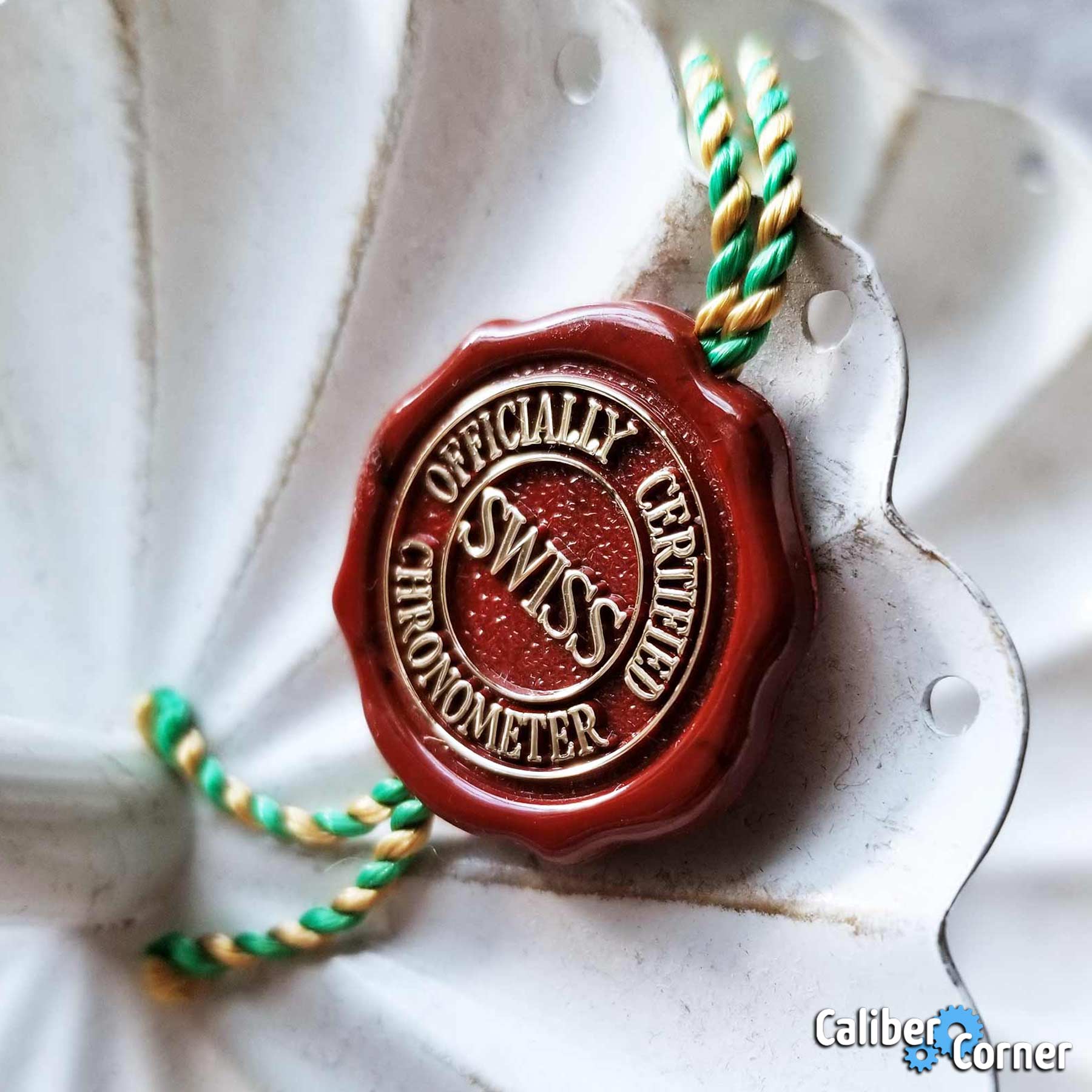


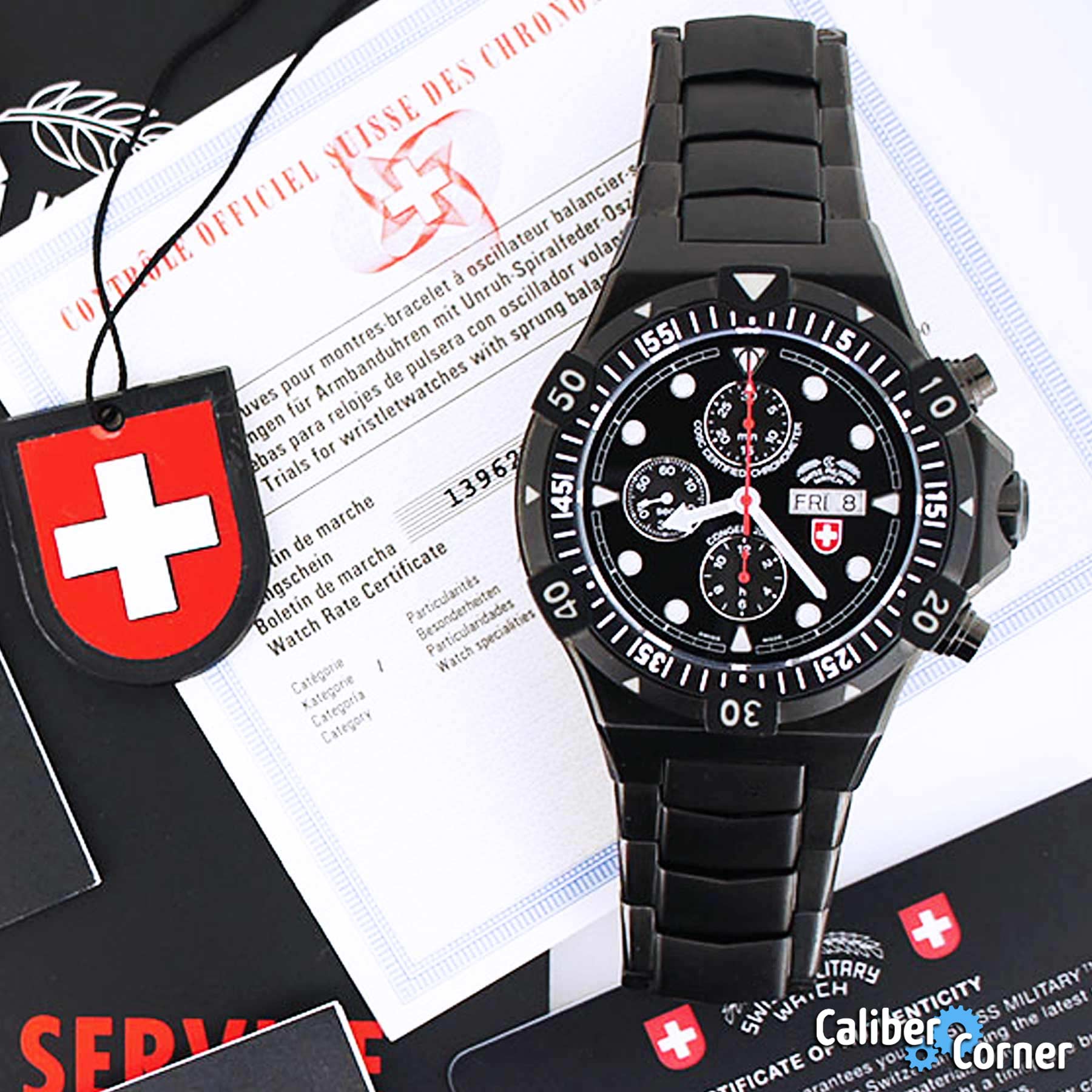
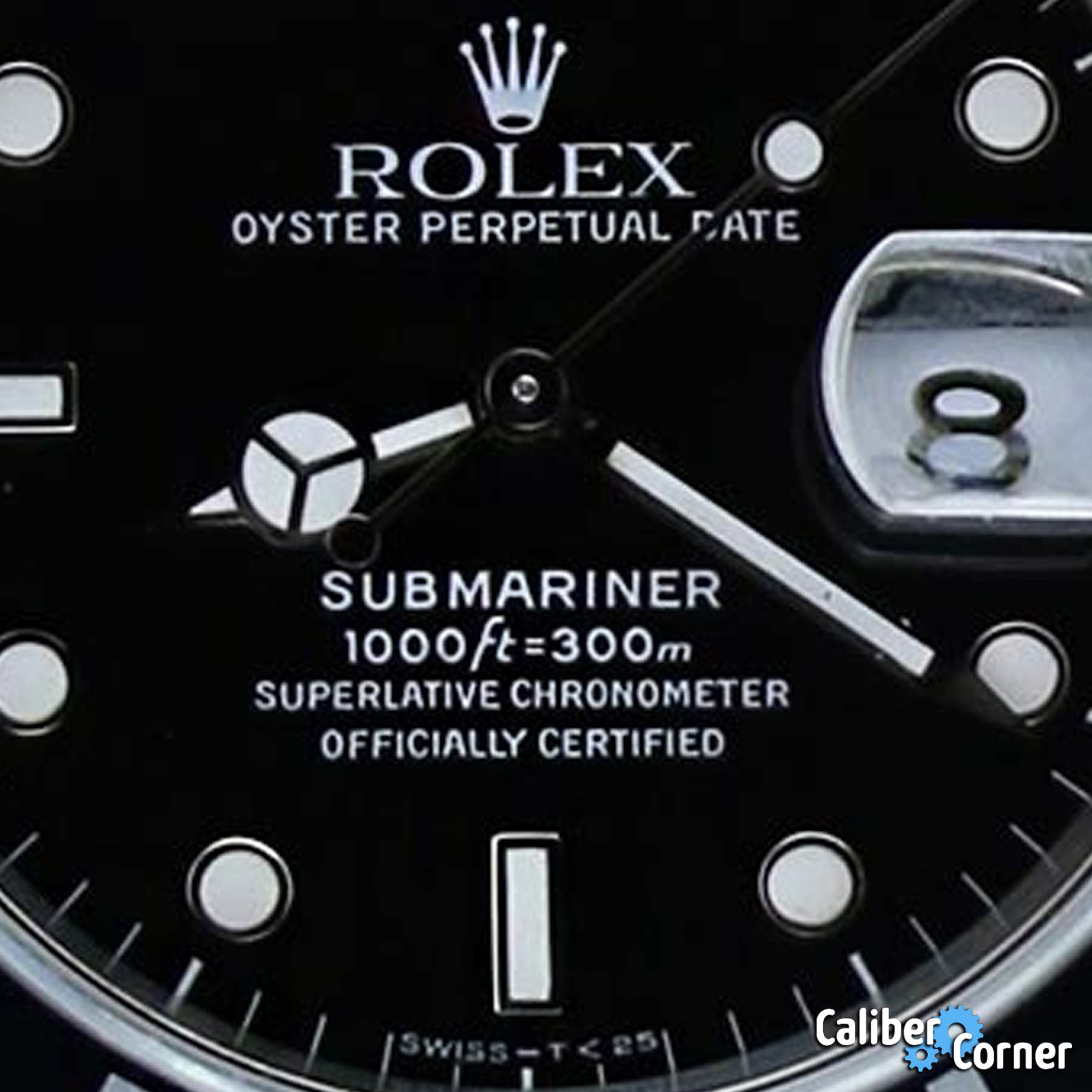
 network of watch sites
network of watch sites




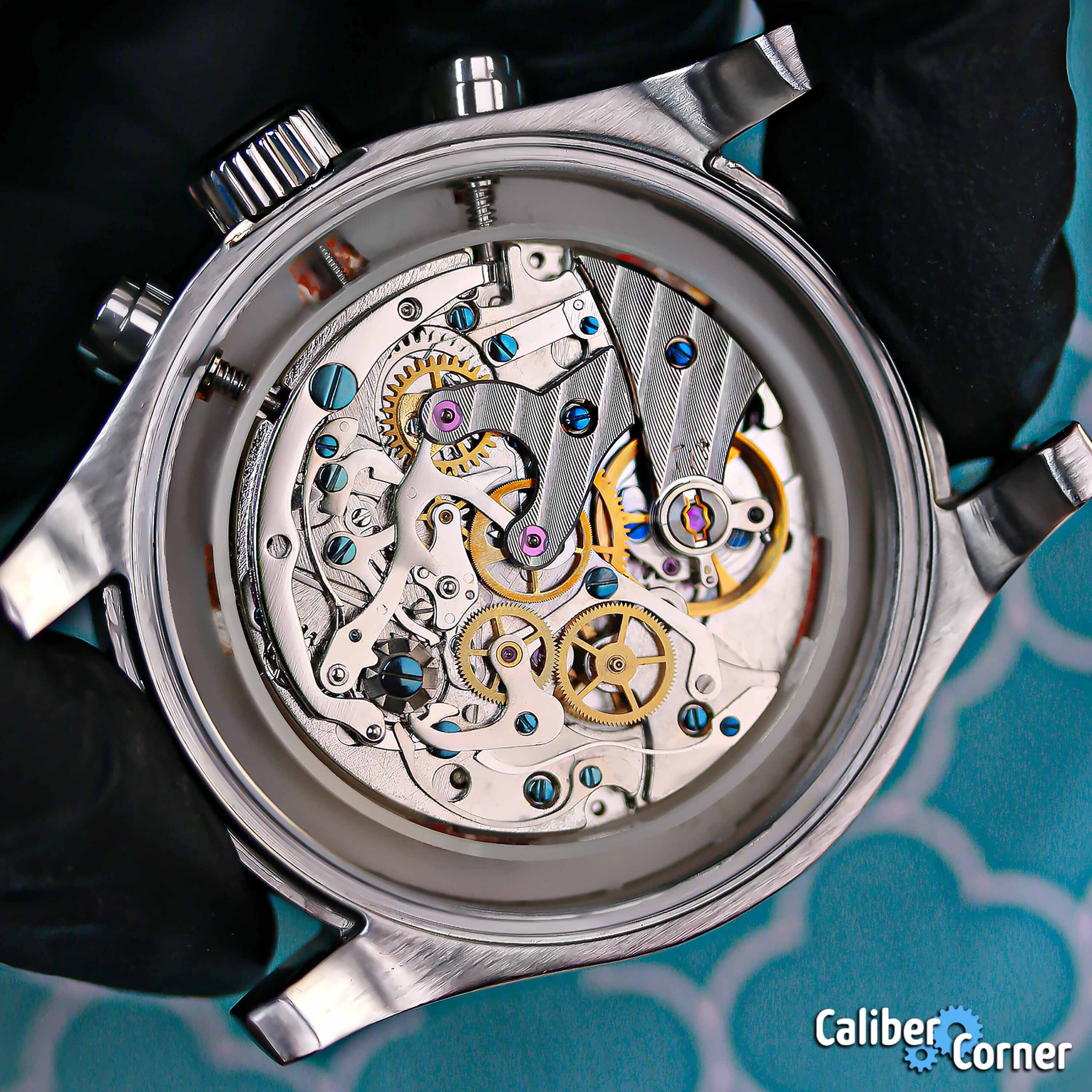
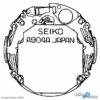
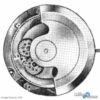
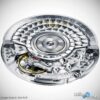

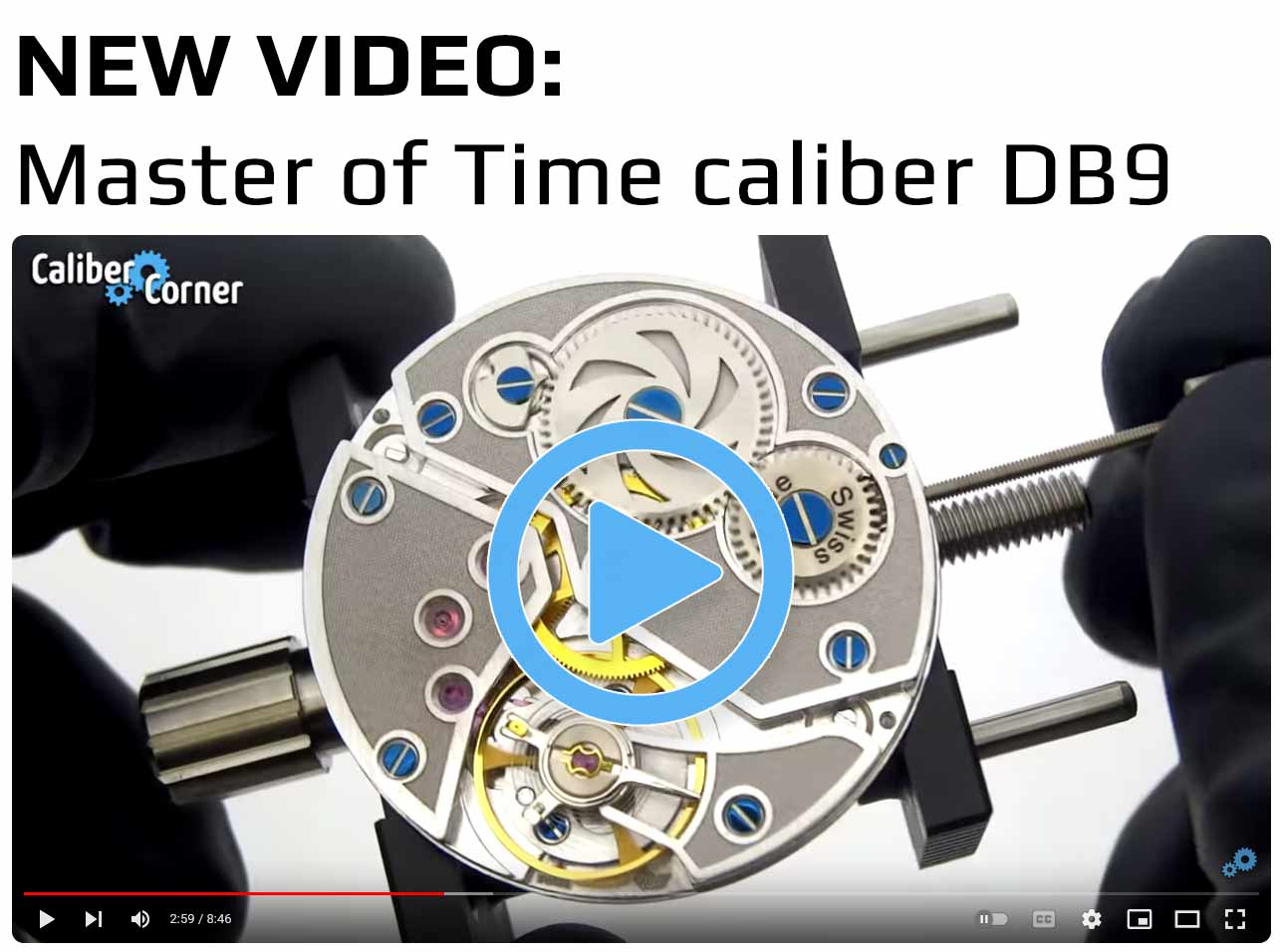



Recent Comments
If they meet the “Swiss Made” standard, then they can be called Swiss made. Regardless…
I don't know if anyone checks this page anymore, according to dates. I have a:…
I bought the initial version of the Wasson field watch w/ the R150 in it.…
V8 = S = swiss made
I can confirm that the ETA G10.212 movement is indeed used on the moonswatch, according…
Used in Invicta I-Force 3330 (2011 variant)
Will do... I did not know that they'll stamp the movement caliper on the surrounding…